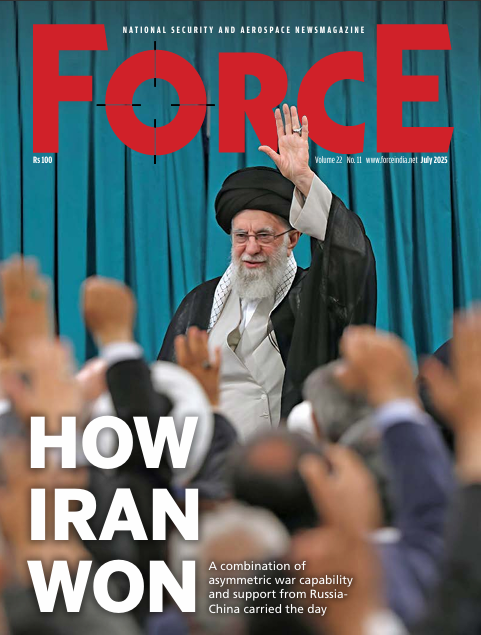Money Over Matter | More the Merrier
 Maj. Gen. Mrinal Suman (retd)
Maj. Gen. Mrinal Suman (retd)
Competition is considered to be the bedrock of efficiency and progress. In fact, competition is the prime mover for human advancement. As only the fittest can survive in a competitive environment, all aspirants have to continuously strive to excel by exploring innovative ways to do business. Innovation means ‘doing things in a newer and better way’. Innovation implies an active and exploratory drive that seeks to better existing products, processes (including services) and procedures for more effective results. Sustained generation of newer ideas, views, concepts and solutions is a key requirement for growth. Therefore, competition is a fundamental and indispensable catalyst to progress. Any country that neglects competition and innovations is bound to become a laggard.
Conversely, lack of competition results in monopoly which, in turn, breeds complacency. Without any threat to survival, there is no incentive or compulsion to improve. Everyone lets the matters drift and the status quo continues. Thus, neglect of competition results in stagnation, languishment and decay. That is the reason that all developed countries undertake concerted measures to promote competition and have enacted strict anti-monopoly laws. Neglect of competition discourages innovations. In the case of defence systems, innovations acquire added criticality due to rapid obsolescence of defence technologies.
The Indian government has been repeatedly stating that one of the objectives of the defence procurement procedure (DPP) is ‘to demonstrate the highest degree of probity and public accountability, transparency in operations, free competition and impartiality’. Unfortunately, the position in actual practice is totally different. With a vast domain of 39 Ordnance Factories and nine Defence Public Sector Undertakings (DPSUs), the public sector straddles across the complete gamut of defence manufacturing activities with strangulating monopoly. The private sector is kept at bay through various subterfuges as it is considered to be a threat to its survival.
The public sector dreads competition. It seeks orders by nomination and not through open competition. It wants the present dispensation to continue where it treats the Indian armed forces as its captive customers, forcing it to buy what it produces; quality, cost and delivery schedule notwithstanding. That is the root cause for its well-known inefficiency and failure to upgrade its skills for better productivity. As a result, the state of Indian defence industry is miserable even after seven decades of Independence. All major procurements continue to be from the public sector units through nomination. Free competition remains consigned to small value purchases like bullet-proof jackets and binoculars.
According to Stephenson Lecturor, Assistant Attorney General in Clinton Administration, the US owes its technological supremacy to the prevailing environment of open competition. He is of the view that competition fostered innovation and efficiency and is the best means of promoting or facilitating technological innovation. Noted Polish logician Stanisław Leśniewski declared competition to be a key tool, “It stimulates the level of human aspirations, allowing you to achieve the highest results, as well as being the driving force of technological innovation and productivity growth.”
1
Undoubtedly, competition is a far more efficient market structure than monopoly. A competitive market is proficient because long-term equilibrium is achieved through a well-organised allocation of resources and productive efficiency. Competition forces producers to infuse newer ideas/ technologies to better their products and reduce prices, thereby offering the buyers best value for their money; and that is the essence of survival in a competitive market.
For the Indian armed forces, competition means lower cost of procurement and saving of scarce defence budget. To underline this aspect, an observation made by the Comptroller and Auditor General (CAG) in his Report No. 32 of 2010-11 is recalled here. As is the practice, the navy nominates vendors for various equipment, weapons and senso
Subscribe To Force
Fuel Fearless Journalism with Your Yearly Subscription
SUBSCRIBE NOW
We don’t tell you how to do your job…
But we put the environment in which you do your job in perspective, so that when you step out you do so with the complete picture.








